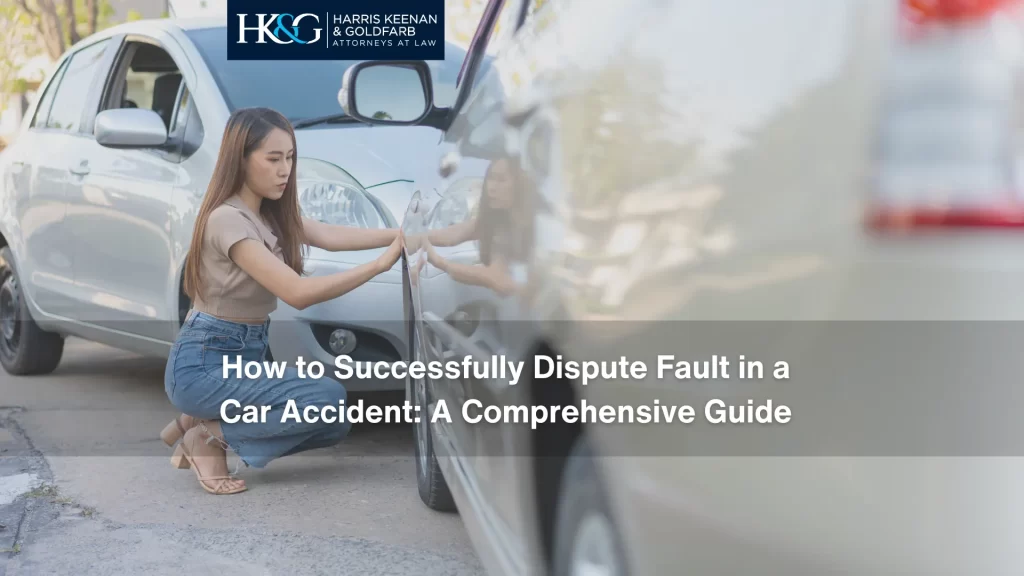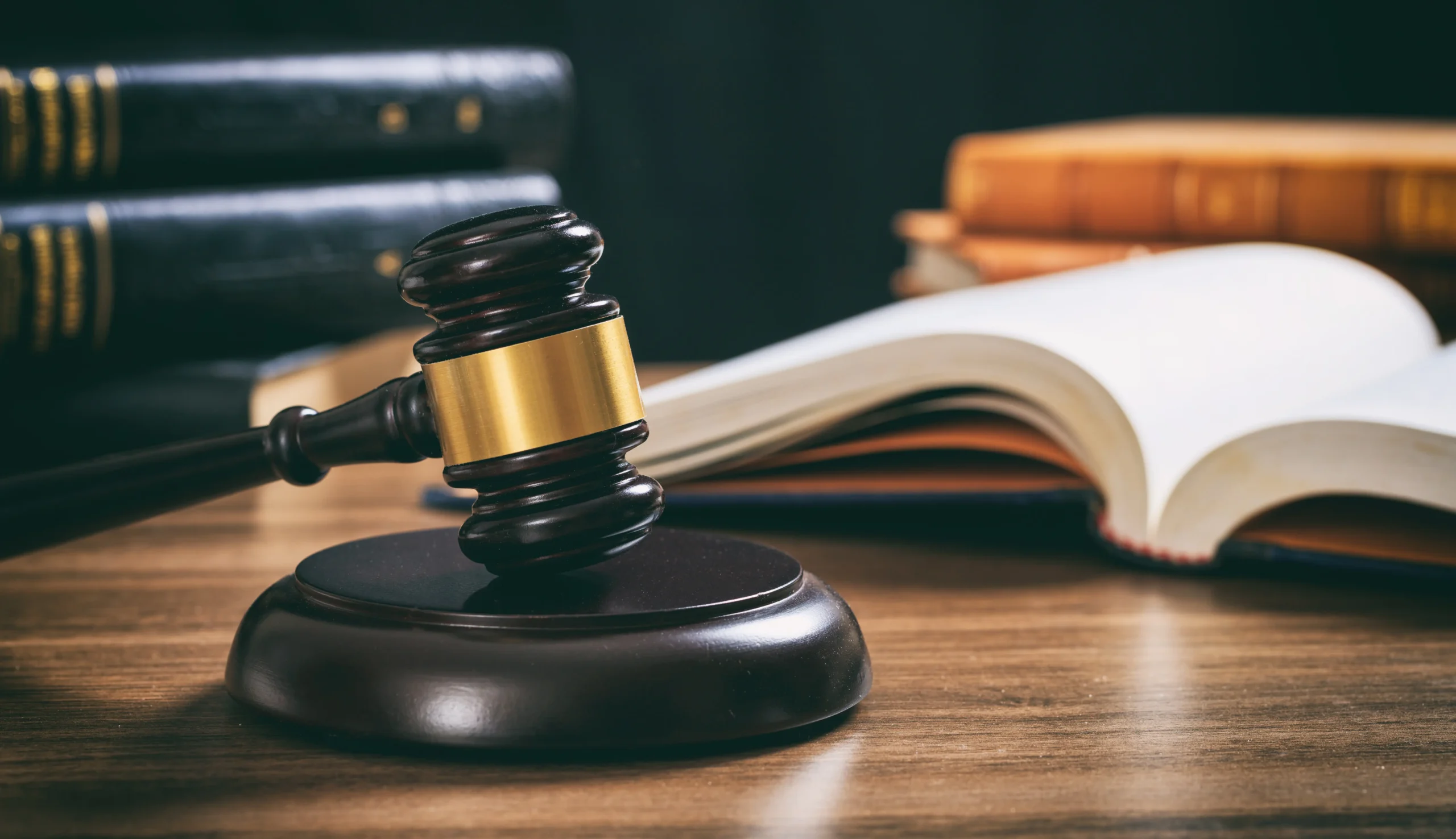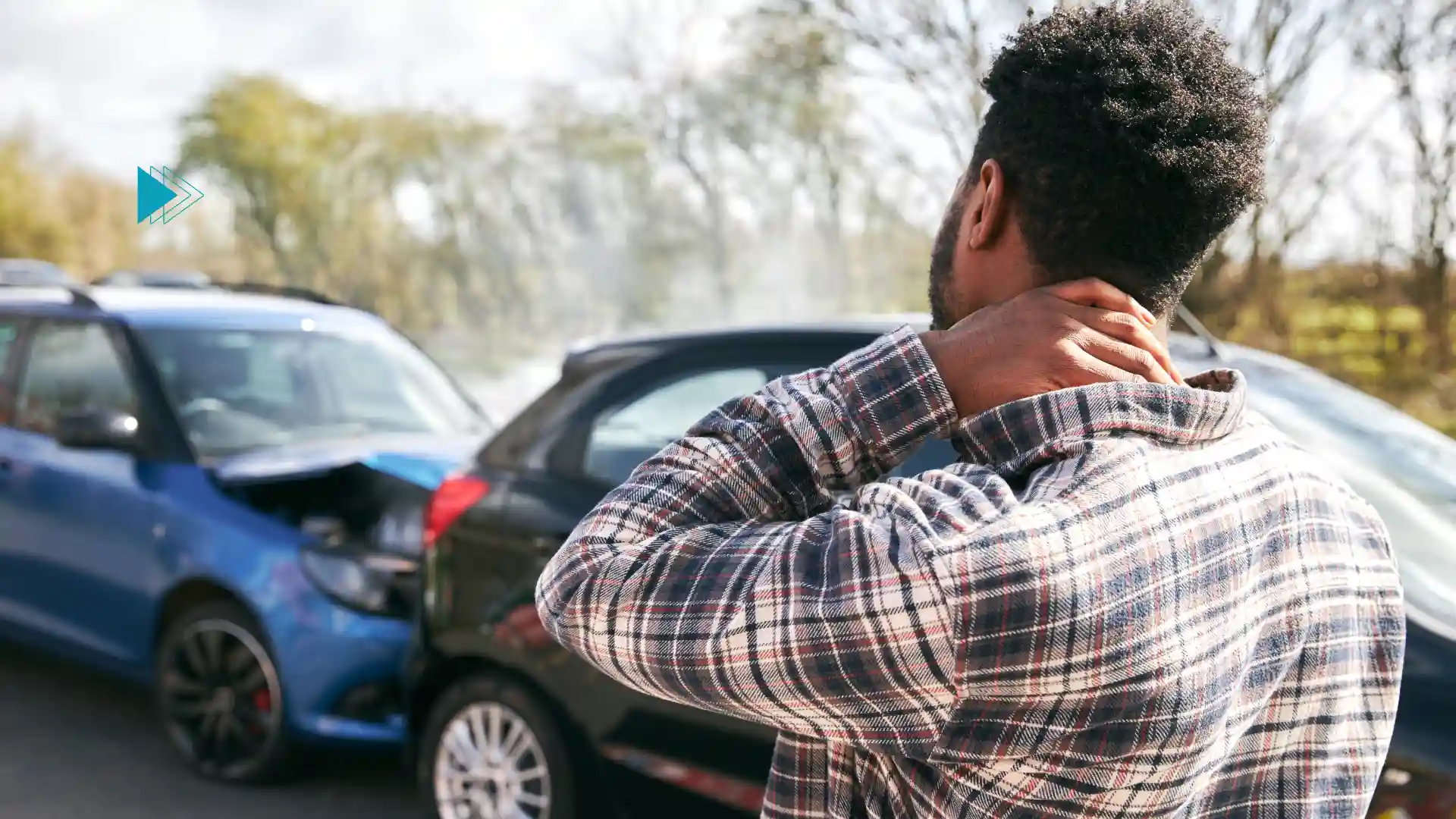A Brooklyn jury awarded Mr. Vargas $17.5 million for the City of New York’s violation of his civil rights for failing to provide him medical care while in custody. The jury found that the police officers involved failed to provide the necessary medical treatment and awarded $17.5 million to Mr. Vargas.
Recommended Articles
Categories
- Accidents
- After an Accident
- Compensation
- Firm News
- Insurance Claims
- Lawsuits
- New York Car Accident Resources
- New York Medical Malpractice Resources
- New York Motorcycle Accident Resources
- New York Nursing Home Injury & Abuse Resources
- New York Truck Accident Resources
- Personal Injury
- Workplace Injury
Practice Areas
Get A Free Case Evaluation
How to Successfully Dispute Fault in a Car Accident: A Comprehensive Guide

Being injured in a car accident is hard enough without the added stress of the other driver denying responsibility. It might seem like their word against yours, but there are ways to tip the scales in your favor.
At Harris, Keenan & Goldfarb, we know how stressful it is to deal with complex legal issues after a car accident. Our New York car accident lawyers have extensive experience disputing car accident fault and can represent you in your fight for fair compensation. This comprehensive guide will empower you with the knowledge and tools needed to dispute your case effectively. By understanding the key elements of your case and how to present them, you can challenge the other driver’s claims and reach a fair outcome in your case.
Why Does Fault Matter If New York Has No-Fault Insurance?
All New York auto insurance policies must include $50,000 in no-fault Personal Injury Protection (PIP) coverage. This coverage is your first option for recovering compensation after an accident.
So, if you have no-fault insurance, why does fault matter in an accident? Simple: If your medical bills exceed the limits of your no-fault coverage or you sustained severe injuries, you need to show that the other driver (or another party) caused the accident before you can seek compensation from them. Therefore, fault still plays a crucial role in New York car accident claims.
Evidence to Dispute Fault in a Car Accident Claim
If the other driver accuses you of causing the accident, you’ll need compelling evidence to support your claim. This evidence is crucial to prove that you were not at fault for the crash. Common types of evidence that can help in insurance claim disputes include:
- Police Report: A document prepared by the police after an accident, summarizing the incident and sometimes indicating who they believe was at fault.
- Witness Statements: Accounts from people who saw the accident happen, providing an unbiased perspective on the events leading up to the collision.
- Photos and Videos: Visual evidence from the accident scene showing vehicle positions, damage, road conditions, and traffic signs or signals.
- Traffic Camera Footage: Recordings from nearby traffic cameras can capture the accident as it occurred. They provide clear details on the sequence of events.
- Accident Reconstruction Reports: Analysis by experts who use the available evidence to recreate the accident and determine how and why it happened.
- Medical Records: Documentation of injuries sustained in the accident, linking the collision to the injuries claimed in the lawsuit.
- Vehicle Damage Reports: Assessments detailing the extent and location of damage on the vehicles can help determine the impact points and fault.
- Cell Phone Records: Logs indicating phone use during an accident suggest driver distraction.
- Dashcam Footage: Recordings from a dashboard-mounted camera in a car, providing a first-person view of the accident as it unfolds.
Comparative Fault in Car Accidents
It’s not always clear who caused a car accident, and in some cases, both drivers contributed to a crash. When this happens, New York’s comparative fault laws come into play. Under comparative fault laws, if you are partly to blame for a crash, your compensation is reduced by your degree of fault. If an insurance company or court determines that you are 20 percent to blame for an accident, you would only be entitled to recover 80 percent of your compensable losses. An experienced attorney can collect the available evidence to minimize your role in a crash. This helps you maximize your compensation.
Amending a Police Report After an Accident
 Police reports are essential evidence in a car accident claim, so the information in the report must be correct. The easiest way to correct a police report is to contact the officer who made the report and ask them to change it. However, the police are unlikely to change the report without evidence of the error. Make sure you include photos or other evidence to show what happened.
Police reports are essential evidence in a car accident claim, so the information in the report must be correct. The easiest way to correct a police report is to contact the officer who made the report and ask them to change it. However, the police are unlikely to change the report without evidence of the error. Make sure you include photos or other evidence to show what happened.
While the police may change a factual error if you can provide evidence of the mistake, they are unlikely to change any information in the report related to their opinion of the crash. This includes their opinion of who caused the accident. If the police won’t change a report after you ask them, you can submit a report about what happened. This form to use is called an MV-104; you can find more information on submitting these reports and download a copy of the form from the New York DMV. An attorney can also help you amend a police report or fill out an MV-104 on your behalf.
Contact Our New York Car Accident Lawyers Today
You could handle your car accident dispute yourself. However, it’s a lot of work, especially when you have severe injuries and need to focus on healing. The team of New York car accident attorneys at Harris, Keenan & Goldfarb can gather evidence to support your case and handle all the legal work for you. Call us today at 800-PAIN-LAW or complete our contact form for a free consultation.
Related Posts:
Immediate Actions After A No-Fault Car Accident In New York
Over $500 Million in Verdicts and Settlements
Our track record showcases over $500 million won for our clients. Each victory underlines our commitment to justice and client care. Explore our impact, case by case.
What Our Clients Say About Us

Thank you so much for recovering my injury case from 9 years ago that was dead in the water since the company went bankrupt and there was nothing else to do. Miraculously, you resurrected my case and was able to get a settlement which completed for me the horrific accident and the suffering I endured because of it. HK&G makes miracles happen by getting the job done and seeing that justice is served. Thank you so much.
Susan C.
Jason Steinberg is a great lawyer Donna and Terry were always very professional and kind I will always highly suggest this law firm and team to anyone out their. Thank you again to everyone at this incredible Firm!!!
They got me Justice, and achieved a substantial outcome for my case.
I am very impressed, and thankful for their outstanding performance on my behalf.
I am very pleased, and significantly satisfied with their representation.
‐-
Sherylon Wilkins
6 years ago I had a slip and fall accident at my employers place of business. I reached out to them because I knew that I was being wrongfully treated. They took care of the case, restored my self confidence, and brought so much peace to my problem riddled life.
I can recommend without a shadow of a doubt the services of Harris, Keenan & Goldfarb to anyone who is in need of someone who will have your back!
Frequently Asked Questions
Common questions that prospective clients have about personal injury claims include:
Do I need an attorney?
When you have suffered an injury, it can be difficult to know what to do next. If the injury was caused by someone else’s negligence, you may be entitled to compensation. However, filing a personal injury claim can be a complex and time-consuming process. An experienced attorney can help you navigate the legal system and fight for the maximum possible compensation.
How do I know I have a case?
When should I contact an attorney?
How do I determine which one to choose?
Once I hire an attorney, what should I expect?
Recent News
Find out how to move forward after an unexpected event with our short, helpful articles. We share simple advice that can make a big difference in tough times.
Contact Us
Monday - Friday: 9am - 6pm









































